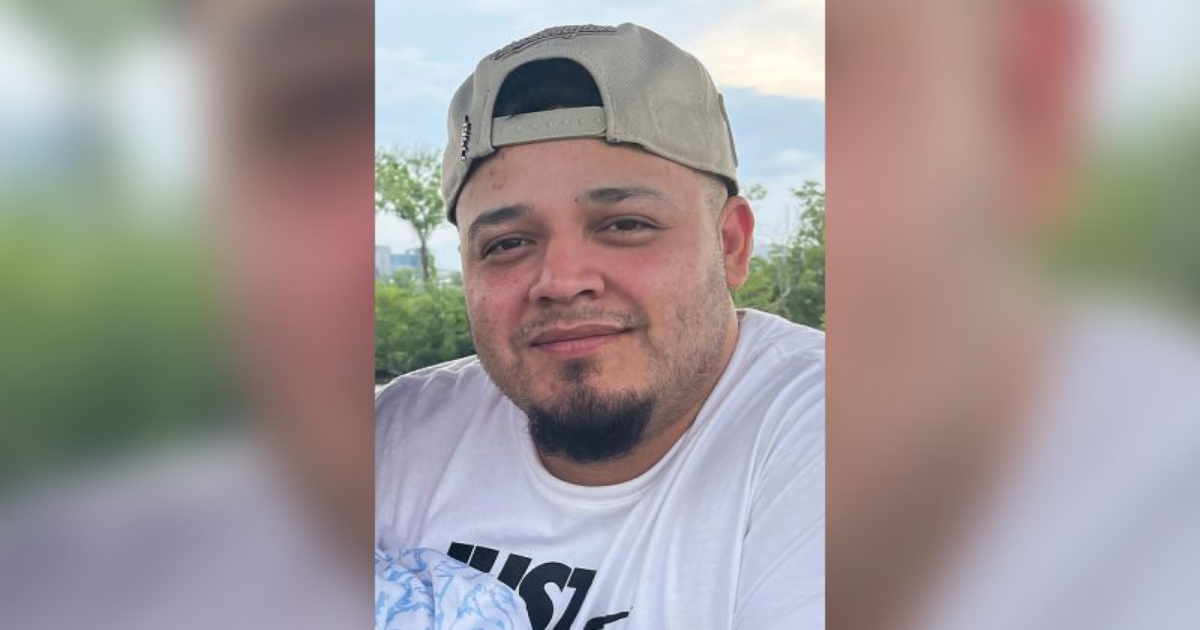CNN —
The federal judge overseeing the case of a man mistakenly deported to El Salvador said she would allow for expedited fact-finding to help her figure out whether the Trump administration is complying with her order that it “facilitate” his return from one of the country’s notorious mega-prisons.
“I do need evidence in this regard because to date what the record shows is nothing has been done,” US District Judge Paula Xinis said in a tense hearing Tuesday afternoon in Greenbelt, Maryland.
Xinis said she was unsatisfied with the sworn statements she’s been getting each day from Trump administration officials detailing what the government has been doing to carry out her directive.
She wants discovery, she told a Justice Department attorney, “to determine whether you are abiding by the court order. My court orders.”
Xinis said some of the discovery could come in the form of depositions taken by attorneys for Kilmar Abrego Garcia of the administration officials who have been submitting the daily sworn statements.
“Going to be two weeks of intense discovery,” the judge said at one point. “Once we have a record, we’ll take it from there.”
The hearing was the latest in the dramatic standoff between the judge and DOJ attorney Drew Ensign, who at different points either stonewalled Xinis or pushed arguments that she swiftly rejected or cast doubt on.
The judge appeared visibly frustrated with how the case has unfolded since last week, when it landed back in her court after the Supreme Court largely endorsed her order that the administration work to bring Abrego Garcia, who was mistakenly deported on March 15, back stateside.
“It is a fact now of this record that every day Mr. Garcia is detained in CECOT is a day of irreparable harm,” the judge said at one point, referring to the Salvadoran prison where Abrego Garcia is currently being held.
The proceedings unfolded a day after Salvadoran President Nayib Bukele said during a meeting at the White House that while he has the power to release Abrego Garcia, he wasn’t willing to do so. Officials in the Oval Office meeting, including President Donald Trump, made no effort to ask for his cooperation in the matter.
Those comments came up during Tuesday afternoon’s hearings, with Xinis saying flatly that the episode is “not before the court.”
“I don’t consider what happened yesterday as really evidence before this court – yet,” she told Ensign.
The judge also rejected the Trump administration’s argument that her order that officials “facilitate” Abrego Garcia’s return only means “removing domestic obstacles” that would impede his ability to return to the US.
“When a wrongfully removed individual from the United States is outside the borders it’s not so cut and dry that all you have to do is remove domestic barriers,” she said.
The administration’s definition of “facilitate” first came up in court filings last weekend when DOJ attorneys leaned into a part of the Supreme Court decision that said Xinis must clarify her order in the case with “due regard for the deference owed to the Executive Branch in the conduct of foreign affairs.”
“The federal courts have no authority to direct the Executive Branch to conduct foreign relations in a particular way, or engage with a foreign sovereign in a given manner,” the DOJ attorneys wrote in the seven-page filing.
“Taking ‘all available steps to facilitate’ the return of Abrego Garcia is thus best read as taking all available steps to remove any domestic obstacles that would otherwise impede the alien’s ability to return here,” they continued. “Indeed, no other reading of ‘facilitate’ is tenable — or constitutional — here.”
The administration’s understanding of “facilitate,” Xinis said on Tuesday, “flies in the face of the plain meaning of the word.”



